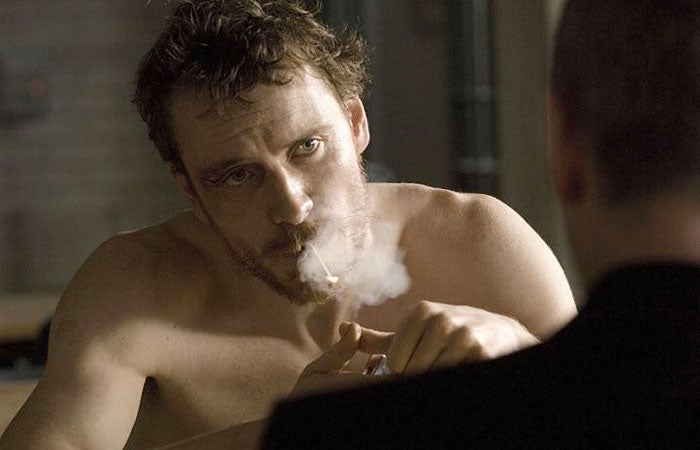First Night: Hunger, Cannes Film Festival
Sympathetic portrait bound to cause a stir

There may not be many British films at Cannes this year, but Steve McQueen's Hunger about the death of Bobby Sands in the Maze prison was the most controversial film on la Croisette from the moment the programme was announced.
The rumours – that the film showed the IRA gunman in a positive light – were correct. This enthralling account of Sands' 66 days on hunger strike to try to get better conditions for IRA prisoners, seems especially pertinent at a time when the atrocities of Abu Ghraib remain vivid.
A written synopsis of the political climate in the Maze in 1981 is proffered before we see the first image. McQueen starts the story in the minimalist style of the films he has made for art galleries. Sands is noticeable by his absence; as with Alfred Hitchcock's Psycho, McQueen uses other characters to lead the audience to the central one.
Watch a trailer for the film
We see prison officer Raymond Lohan (Stuart Graham) getting ready for a day at work. We walk into the jail with Davey Gillen (Brian Milligan), a new inmate, who in keeping with the blanket protest and no-wash policy of "non-conforming" republican prisoners, refuses to wear prison clothes, claiming to be a political prisoner. The disgusting conditions in the cells with excreta smeared across the walls are stunningly recreated. The director, in his most narrative-driven work, cannot resist adapting the arresting techniques of his gallery films: he leaves the camera on visually interesting motifs such as a circular pattern in the muck on a cell wall; the sound design constantly features staccato banging that resembles the sound made when prisoners smash metal trays on the bars. Whenever we hear the voice of the then Prime Minister, Margaret Thatcher, McQueen turns the camera on abstract images, ensuring she is an omnipresent force.
When the officers come to forcibly wash the inmates, the film abandons its austere tone and Sands (Michael Fassbender in an extraordinary performance) finally enters the picture, in the first scenes of violent confrontation. Sands is forced to wash and his hair is cut. It's a brutal confrontation and just as it seems that McQueen is siding with Sands, he cuts to a shot of the prison officer Lohan being murdered in front of his mother.
The centrepiece of the film is a 22-minute single shot in which Sands reveals his plan to go on hunger strike to Fr Dominic Moran (Liam Cunningham), Sands debates the merits of the hunger strike and whether his near-certain death is suicide or martyrdom. The empathy McQueen conveys in Hunger suggests he feels it's the latter.
McQueen highlights the remarkable physical changes during a hunger strike rather than the impact the ordeal had on the outside world. The sympathetic portrait within this excellent film will cause much debate, and outrage.
Join our commenting forum
Join thought-provoking conversations, follow other Independent readers and see their replies
Comments
Bookmark popover
Removed from bookmarks